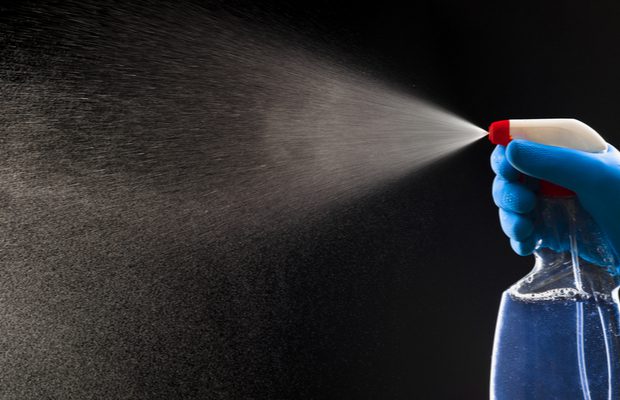
In a post-pandemic world, educational facilities like colleges and universities face a significant hurdle – sanitizing their space so thoroughly that students can return and trust they are learning in a fully sanitized, safe space. Ozone (O3) technology may be the solution.
O3 is formed naturally by the ultra-violet rays from the sun and by lightning. O3 can also be created synthetically by passing air through a corona discharge O3 chamber (electrical reaction) or ultra-violet lamp (photochemical reaction).
Many studies conclude O3 gas is a highly effective method to eliminate mold, bacteria, viruses and other micro-organisms from the air and surfaces. Some studies also suggest O3 gas is superior to traditional towel, or manual-based cleaning approaches.
O3 is extremely active. When it encounters micro-organisms, O3 will interfere with the metabolism of their cells through inhibiting and blocking the operation of the enzymatic control system. A sufficient amount of O3 breaks through the cell membrane and leads to the destruction of the micro-organism. Thereafter, the rest of O3 naturally reverts to oxygen very quickly.
This technology has been cited in several studies over the last two decades, referencing its use as an effective virucidal and antibacterial agent, and its efficacy against salmonella and inactivation of the influenza virus.
A multitude of sites are now using O3 to disinfect their spaces including The Fort Lauderdale Fire Station and Mumbai hospital chambers. An O3 tunnel was constructed at a Mexican food market to keep doors open during the coronavirus pandemic. Now, religious leaders in Saudi Arabia have even been using O3 gas to clean Islam’s holiest site, the Kaaba in Mecca.
Non-invasive, byproduct free, powerful and safe – it removes the need for manual sterilization using traditional cleaning supplies, saving postsecondary education facilities countless hours and ensuring students continue to value face to face education over distance learning. Could O3 be a new standard for campuses around the globe?
Amber Hudson is the director of marketing at Clean-Site.org. For more information, email info@clean-site.org or visit clean-site.org.










